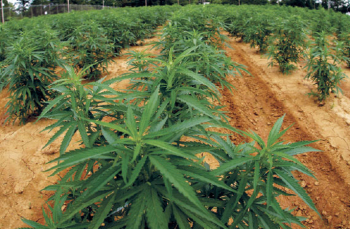
Bringing Hemp Back to the U.S. Market: Advocating for Change in Public Policy
By: Hunter Buffington
This week The National Hemp Association brought together farmers, law professionals and entrepreneurs to talk about Hemp Policy. These are the pioneers forging the way in an industry new to Colorado and the United States for the first time in over 70 years. While it may seem that public policy supports the burgeoning Hemp industry; those pushing forward are not immune to peril. Fortunately, there are some who consider these obstacles merely as speed bumps. I am not a lawyer, or a farmer; but I am an entrepreneur and an advocate for economic development that does not compromise people. Hemp represents an amazing opportunity for the US to again lead the world in manufacturing and production, and to encourage a new generation of farmers. Now is the time to pass the Industrial Hemp Act of 2015.
Currently 9 states are growing Industrial Hemp, 14 have passed legislation, and 10 have Policy in the works. While Colorado law supports the growing of hemp and protects those who farm it, we face legal grey areas when it comes to transportation and processing. Ironically, most major producers of Hemp products are still importing their raw materials, even though we have domestically produced hemp available now! This means farmers and producers may be within miles of one another, but the easiest way to access raw material is still through importation; a risky and potentially very expensive venture. The economic opportunity for domestic production is, quite simply, gigantic.
Along with well known fiber and paper products, hemp has the potential to provide fuels, cement, ink, plastics, supplements, and of course food. It’s potential become a cash crop is not limited by its usefulness or the amazing applications that we are seeing in nutrition and industry. Rather, Hemp is being held hostage because of: a disconnection between Legislative Policy and Law Enforcement, the misunderstanding of Marijuana compared to Industrial Hemp, AND most importantly a lack of educated and vocal advocates.
Robert Hoban, a Professor at the Sturm college of Law at the University of Denver and a member of the Colorado Department of Agriculture’s Hemp Regulation Advisory Committee. He hopes that events like the Hemp Law Seminar “will equip each of us with the tools to teach our audience”. We are the best ambassadors; in the position to promote the potential for job growth and to prove the economic and social development opportunities. Are you talking about Hemp?



